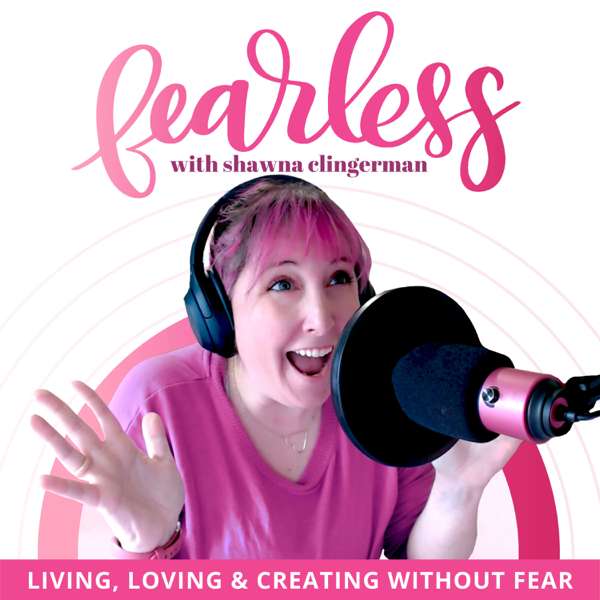STAGES OF LOVE
1. Falling in love 2. Falling out of love and 3. Learning how to love and be loved
Building Blocks of a Great Relationship
1. Trust. Our first essential task, according to Erickson's theory of the psychosocial stages of life, involves trust versus mistrust. It should be no surprise that our first goal in life is to master trust, since that is the basis for all of our relationships moving forward. For many of us, our earliest experiences have been positive enough to allow us to adopt a trusting attitude. Some, though, have great difficulty with this, perhaps as a result of instability, inconsistency, invasion of boundaries, or even actual threat of harm or alienation. Mistrust can manifest in isolation and avoidance of intimacy.
2. Commitment. Once trust is established, our focus shifts to a decision about whom we will invite to share ourselves and our lives with; those to whom we will commit our full attention, time, and energy. Commitment is reserved for only those people who have proven that they are capable of sticking around for the long haul and are ready, willing, and able to share themselves with us, and to have us do the same. Think loyalty.
3. Intimacy. This means that we care enough and are comfortable enough to share all aspects of ourselves. We feel the desire to open our soul to someone who cares enough about us to understand and support us fully in most everything we do. Intimacy implies vulnerability: We are willing to show parts of ourselves we are not so sure about—our weaknesses, our neuroses, and the things we like least about ourselves. We feel down deep that the ones we choose to have in our lives know us and accept us, warts and all.
4. Respect. The word literally means "regard," or "to look back at." Interesting, since most of us would probably say that respect has come to mean a kind of veneration—having a deep reverence for someone or something. And certainly, those with whom we are most intimate deserve this, as do we. But the origin of the word shows us something very different. When it comes to an intimate relationship, it's about the mutual mirroring of emotions, feelings, and beliefs. Respect says, "What I see in you I hold as just as important as what I see in myself."
5. Communication. This can mean any kind of transmission between people, including non-verbal. We are all too familiar with times when our communication seems to be at cross-purposes. People are talking, but not really listening; their own agenda is far too important to include someone else's. Good communication is facilitated by trust, commitment, and respect. We communicate in a healthy relationship for a common purpose; which also, by the way, is what the word actually means. We are trying to express how we feel and what we believe in, and we need to do so in an environment that is safe, supportive, accepting, and loving; one that is totally free of judgment, criticism, alienation, and anguish.
6. Empathy. In essence, empathy means being able to feel and understand, as well as anyone can feel and understand anyone other than themselves. And it means being able to walk in someone else's shoes. Once you intimately understand and experience another, the ability to feel what they feel (as close to the way they actually feel it), to know what they're thinking (almost reading their mind), and to understand how they process what is happening to them becomes easier.
7. Forgiveness
Even when your partner does something that upsets you, you must be willing to forgive them. This doesn't mean you have to forget it, but you must be able to discuss what happened and move on after an apology and some time has passed.
8. Autonomy
You may love your time with your spouse but wish to spend time with others. When you want to do your own thing sometimes, this is called autonomy and it is something that must be present in a relationship.
Keep in mind that while you get to do the things you want, your partner must also be able to. This keeps everything fair.

 Our TOPPODCAST Picks
Our TOPPODCAST Picks  Stay Connected
Stay Connected







